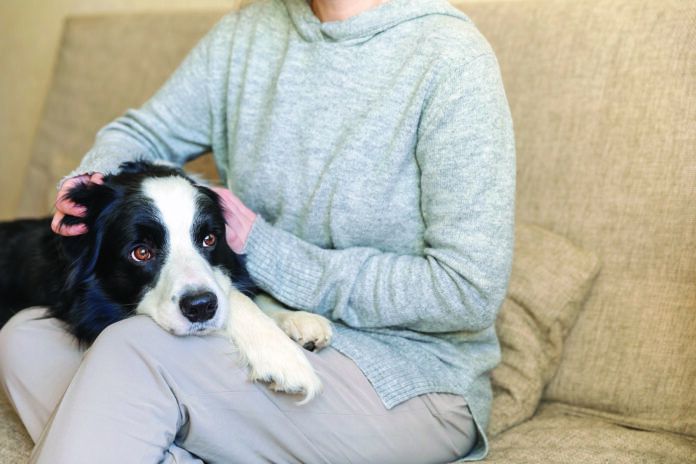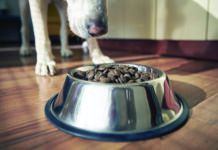For Those with Dogs
Who Cower
Many dogs handle their fear with aggression. But others cower. They hide, pull away while on leash, and sometimes just quake in place with their tail between their legs. The best strategy in such cases: focus less on the fear (don’t flood him with things that make him afraid) and more on eliciting confident, relaxed behavior.
For instance, allow your pet on high places with you, like the couch. Give him a treat while he’s up there. And spend more time on the floor with him. When a dog is at eye level with a person, he takes that as a sign of increased authority, which will increase his confidence.
Also, let him win at games of “Chase” and “Tug,” and show that you are delighted by his “boldness.” In many cases, such tactics help a dog reach a more healthy emotional equilibrium.
Dogs Are No Longer Considered Things
in South Korea
Until last year, a dog in South Korea was legally defined as “an object that takes up space,” that is, a thing. All that changed when new legislation passed giving dogs and other animals legal status. The move is meant to help curtail animal abuse. Previously, abusing a dog was akin to nothing more than property damage. Now it will be easier to impose stiffer punishment for harming a dog.
The legislation was no doubt spurred by a change in perception over time that dogs should be thought of and protected as living creatures. Indeed, some 25 percent of households in South Korea now have dogs and other animals as pets.
The next step is tackling the issue of people consuming dog meat. Only a small percentage of the population currently eats dogs as food, and the country’s president has already said the time has come to prohibit dog meat.
Bad Mood? Keep Your Dog’s Emotional Wellbeing In Mind.
It’s not possible to always feel happy, or calm. Sometimes a state of mind such as depression or grief or even anger can last a while. Whether short-lived or long, be aware that because your dog depends on you for everything, when your mood is down it may make him feel frightened as well as sad. He needs you to be responsive to his own needs and emotionally present.
Thus, just as you would try not to burden a small child with your bad mood because the toddler wouldn’t be able to understand your lack of emotional availability, you shouldn’t forego your responsibilities to your dog. That means remembering that he will pick up on your state of mind even if he doesn’t understand what’s wrong. You should work to make him feel happy and secure even when you do not. It also means not upending his routine of being walked and played with, which is part and parcel of his sense of stability.





